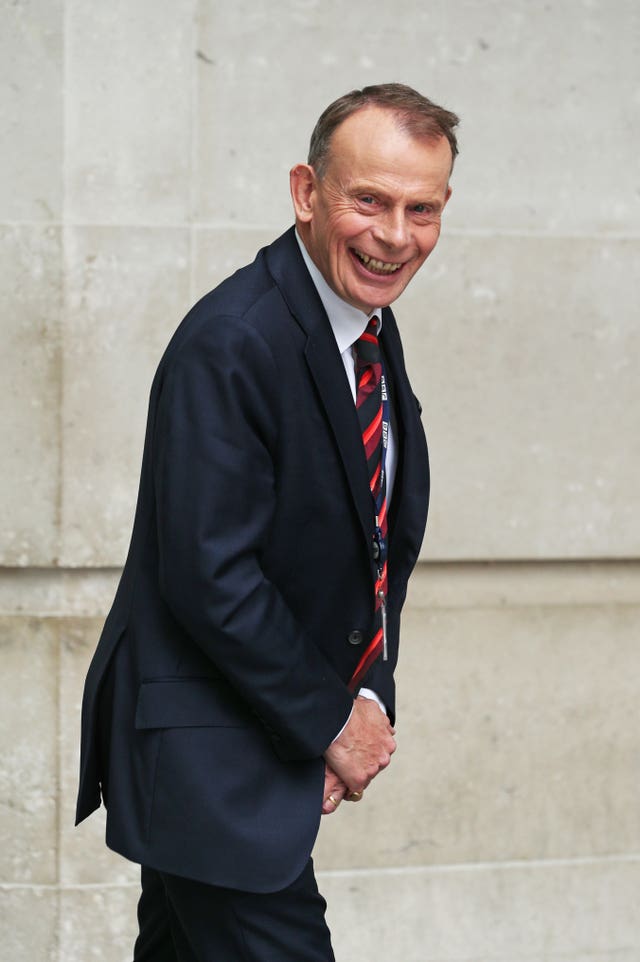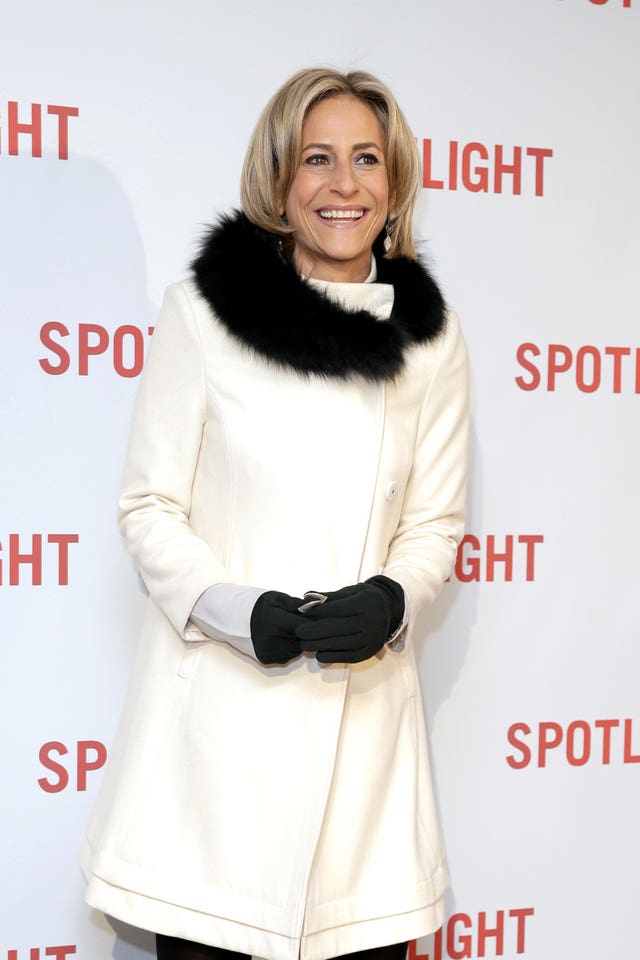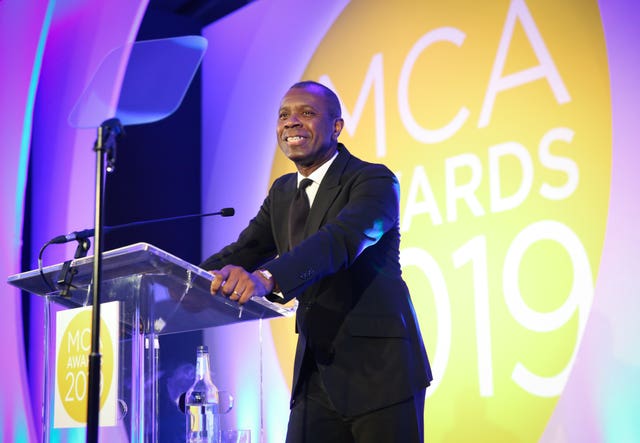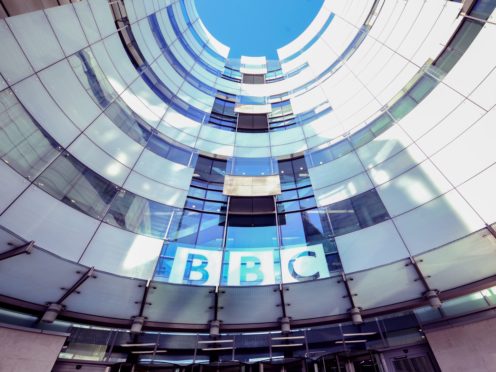Justin Webb, Andrew Marr and Emily Maitlis are among the BBC presenters who have taken on external work earning them £5,000 or more in the first three months of 2021, the corporation has revealed.
Since January, on-air talent in current affairs, sports news and some radio staff, as well as senior leaders, have for the first time had to declare external work which includes paid-for public speaking engagements, appearances or writing commitments.
The financial disclosures have been published as part of the BBC’s first staff external events register, which covers January to March 2021, and fees are listed as either below or above £5,000, with no details of the specific financial amount at the higher level.

Radio 4’s Today presenter Webb made the most higher-tier appearances with a total of four – including for management consultancy firm Proxima and City Wealth Magazine.
Political interviewer Marr received more than £5,000 for hosting an event for investment management firm Brewin Dolphin in March.
Newsnight’s lead presenter Maitlis also made a higher-tier appearance in March, hosting an event for business law firm Mason Hayes and Curran.

Breakfast host Dan Walker made two £5,000-plus appearances as a moderator – at a January event with St James’ Place Management and a March event with Co-op.
New Mastermind host Clive Myrie made three appearances in February, one of which had a total fee of more than £5,000, as a presenter for Made In Manchester Productions.

The number of paid events undertaken by staff has increased month-on-month since January.
The BBC said that around 85% of the appearances fell below £5,000, with half of these under £1,000.
Staff must seek written approval from a divisional head of department before signing up to any external engagements.
New director-general Tim Davie announced the move in October as part of a series of measures aimed at ensuring the broadcaster’s impartiality.
The corporation had faced criticism of presenters including Naga Munchetty and North America editor Jon Sopel for taking on other paid work.
The BBC has also introduced new rules regarding its employees’ use of social media, which alongside new training, aim to “ensure the highest possible standards of impartiality across the organisation”.
The rules tell staff working in news, current affairs and factual journalism production, such as Countryfile, The One Show and Woman’s Hour, and as well as all senior leaders, that they may not reveal how they have voted or express support for any political party.
